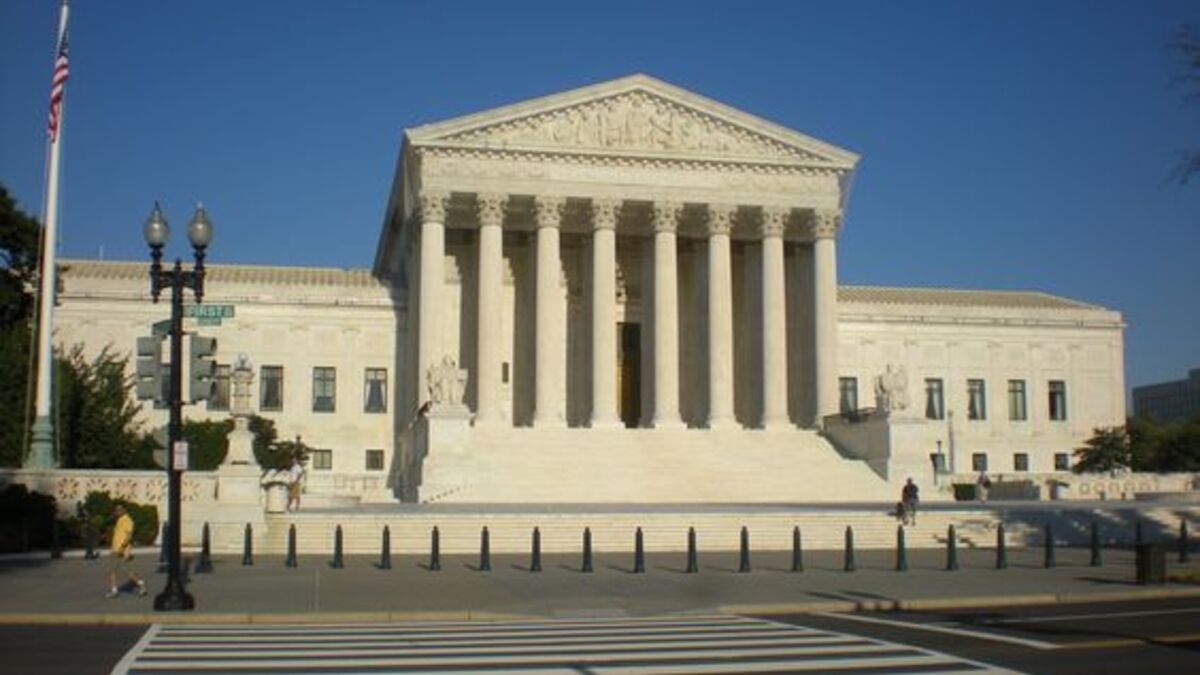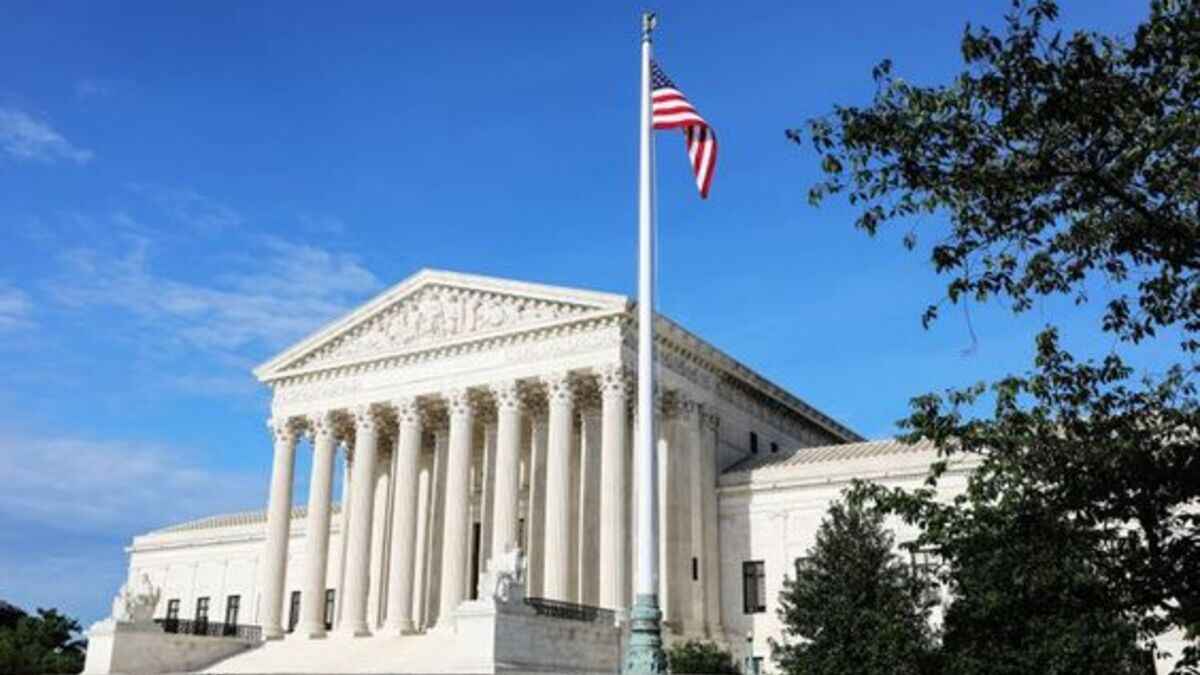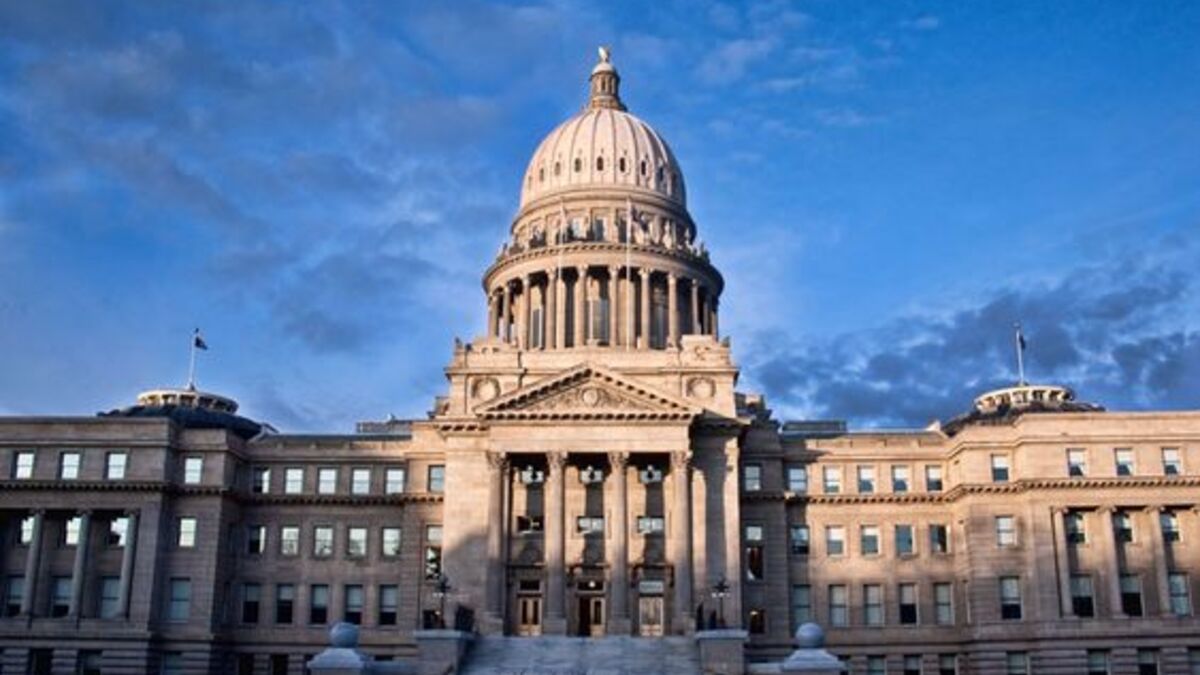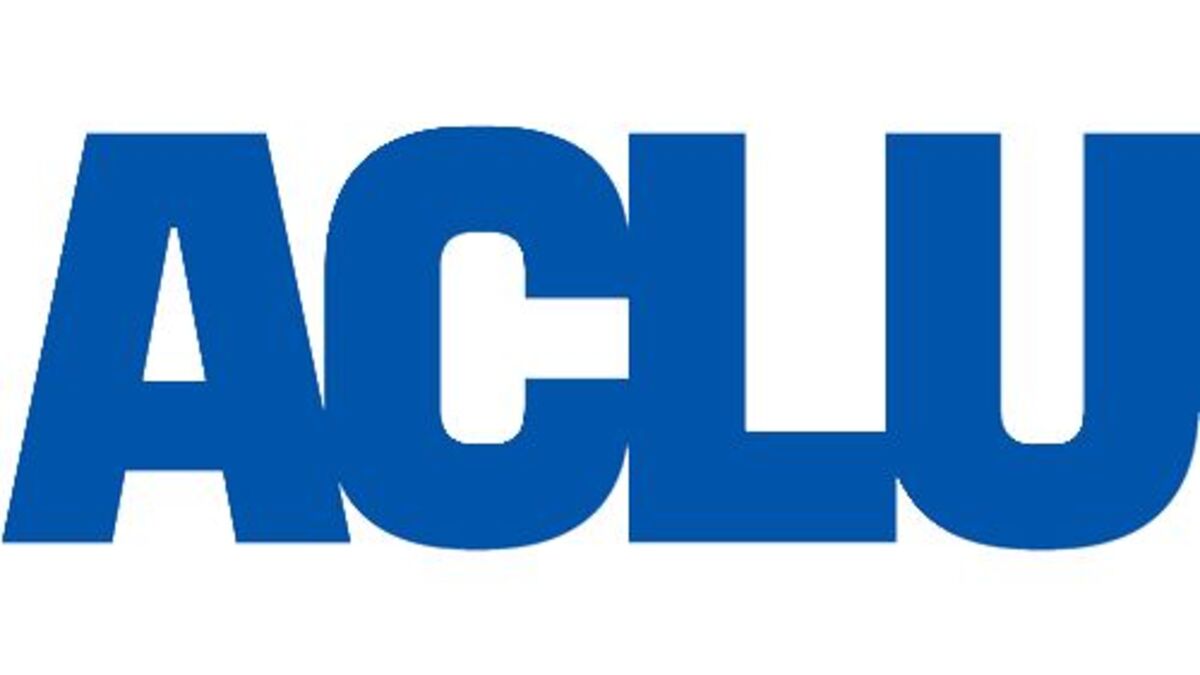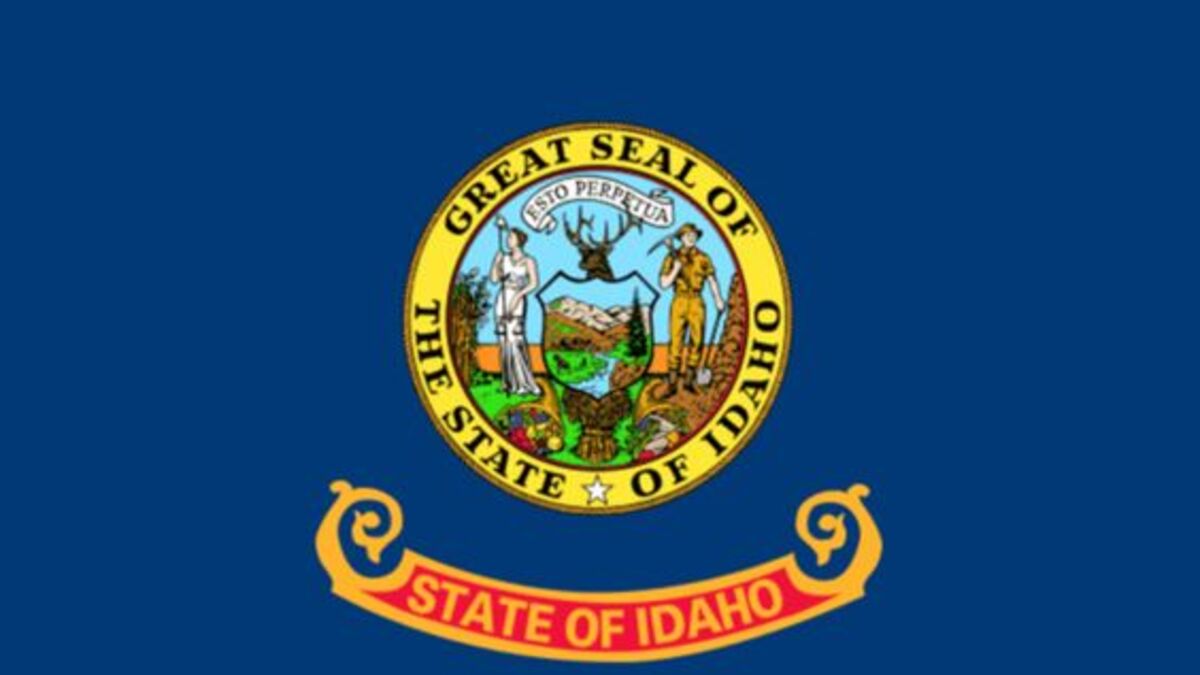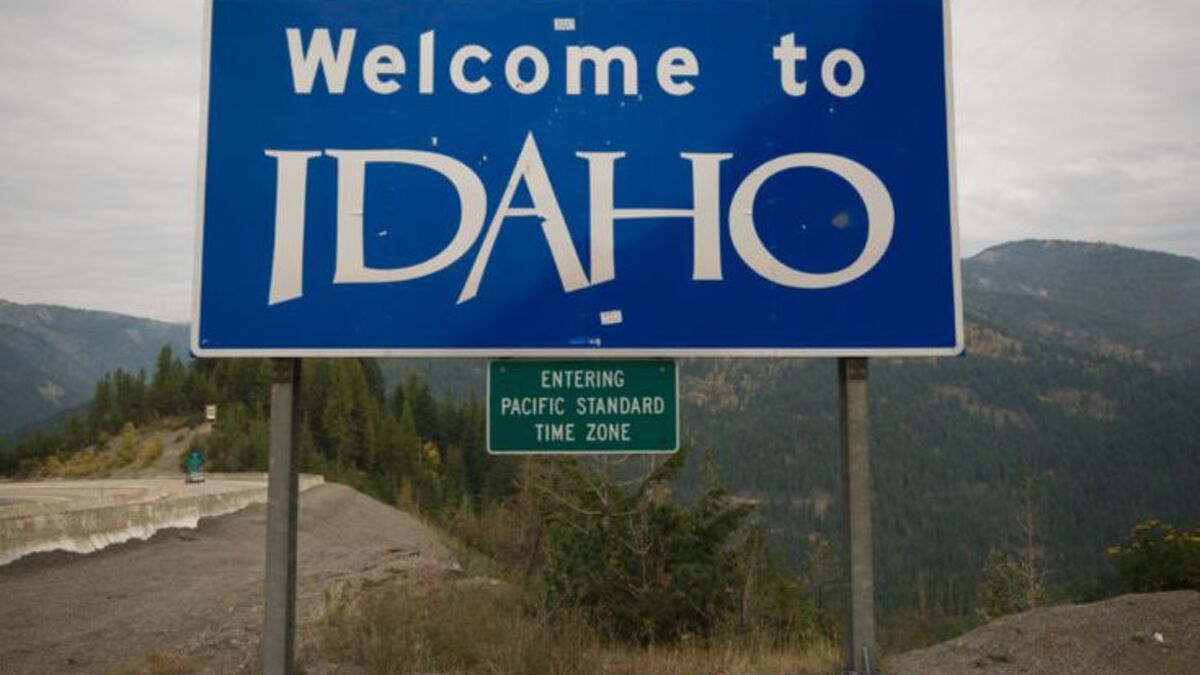Supreme Court Allows Idaho’s Restrictions on Gender-Affirming Care for Transgender Youth

Supreme Court Allows Idaho’s Restrictions on Gender-Affirming Care for Transgender Youth
What Is Gender-Affirming Care?
Disagreement Among Justices
The Stakes for Doctors
The Ban Goes Beyond Surgical Procedures
Gorsuch Weighed in on the Injunction
Limiting the Court’s Reach
Protections Remain for Two Teens
ACLU’s Concern
Idaho’s Attorney General’s Reaction
Legal Battle Continues
The Legislative Shift
What Happens Now?
MOST POPULAR
-
Dinosaur Embryo Discovered Inside 72-Million-Year-Old Egg
March 22, 2024 -
Some Countries With Strict Anti-LGBTQ+ Laws
March 22, 2024 -
Truckers Show Support for Trump, Boycott NYC Amid $355 Million Civil Fraud Ruling
April 17, 2024 -
Baltimore Mayor Accuses Racists of Weaponizing DEI Language
April 15, 2024 -
CRFB Reveals How Much National Debt Trump Incurred in His Presidency
April 19, 2024 -
Did Oswald Act Alone? Chilling Testimonies From JFK’s Assassination
March 9, 2024 -
Federal Judge Suggests Trump Might Incite Another Riot Like January 6
April 18, 2024 -
New Study Reveals Underground Climate Change Below Populated U.S. Cities
March 18, 2024 -
Republicans, Pro-Life Advocates Clash Over Court Ruling on IVF
April 12, 2024 -
These Are the Most Hated Banks in America
March 13, 2024




